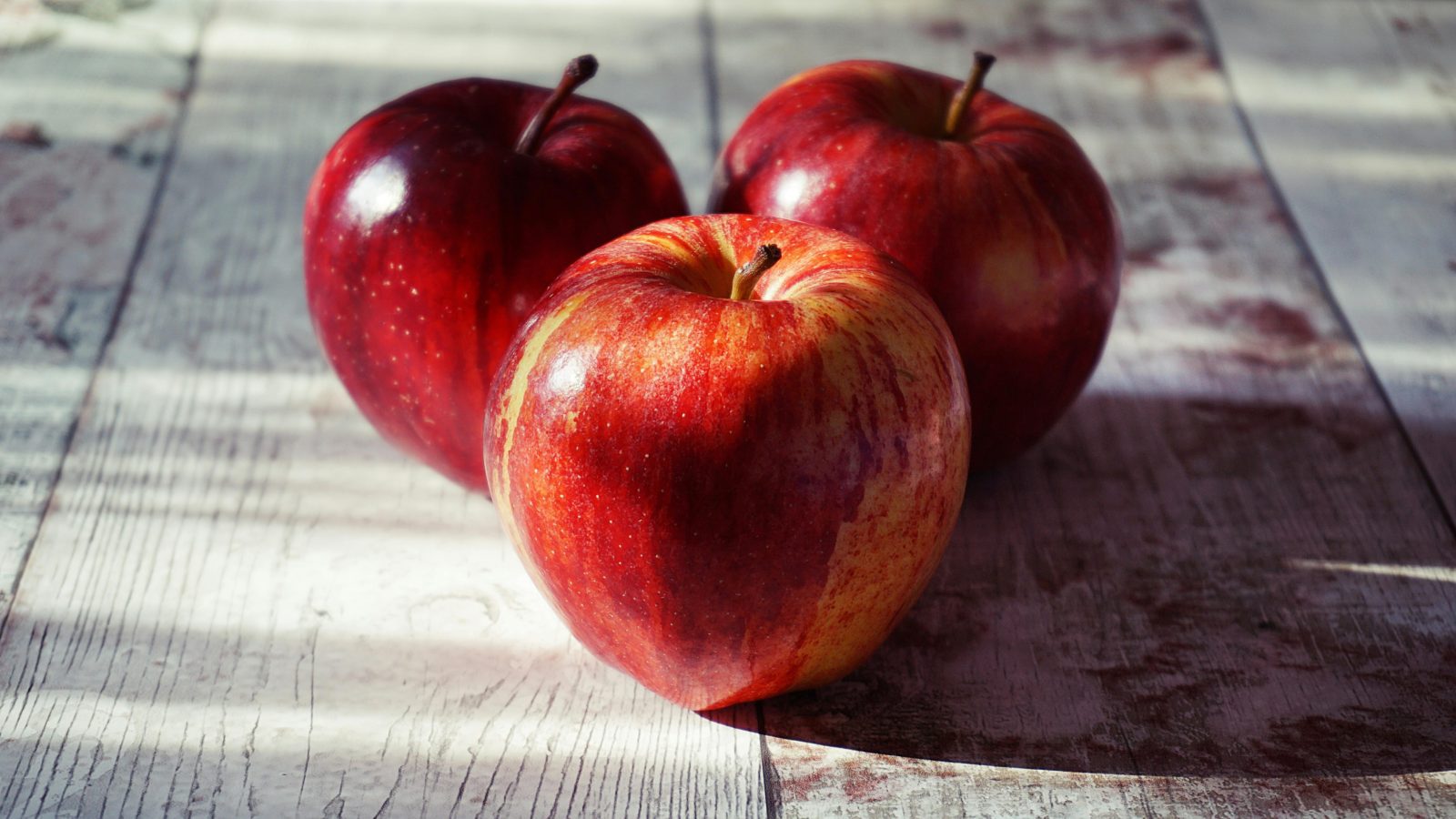According to recent statistics, while the average prices of food have generally decreased, this trend does not apply to all items. For instance, apple prices in stores have surged by nearly one-fifth year-on-year, and discounted prices have increased by one-third, according to data from Kupi.cz. The primary reason for this hike is last year’s poor harvest, which was affected by spring frosts, resulting in sustained higher apple prices.
In early July 2024, supermarkets like Albert sold Crimson Snow apples for 59.90 crowns per kilo, Golden Delicious for 49.90 crowns, and the cheapest variant of red apples for ten crowns less. In Tesco, a kilo of Red Jonaprince apples was priced at 42.90 crowns, while Lidl offered Crimson Snow apples for 49.90.
The data from Kupi.cz confirmed that the number of apple promotions has decreased, and prices have risen. Monika Kopčilová from Kupi.cz mentioned that there were about one-third fewer promotions in June compared to the previous year, and the average promotional price also increased by one-third. Last year, apples were sometimes priced below 20 crowns per kilo during promotions, with an average promotional price of 24 crowns. Currently, the average promotional price is 32 crowns.
Agricultural analyst Petr Havel noted that the current apple prices reflect last year’s poor harvest and, consequently, lower stock for this year. He pointed out that the domestic harvest, which spans from July to October, will be very weak, and prices will depend on the costs in the countries from which apples will be imported. Havel had previously estimated that prices could climb to 50 crowns, with average prices expected to be around 40 crowns by the end of the year. Otherwise, sellers risk customers opting for other types of fruit.
The spring frosts damaged apple crops not only in the Czech Republic but also in Poland, a significant low-cost producer, and in other European countries like Germany and France. As a result, apples will be imported more from southern countries like Italy or overseas, which will be more expensive than the previously cheaper Polish apples.
Štěpán Chára, the executive director of one of the largest domestic apple producers, Bohemia Apple, described the severe impact of the spring frosts, stating that the damage in their orchards was nearly one hundred per cent. They are still selling apples from last year’s harvest but expect to stop sales between September and October. After that, they will be without apples.
The Czech government will supplement aid for fruit growers affected by the frosts with an additional 100 million crowns from the state budget, as announced by Agriculture Minister Marek Výborný. Most of this aid will go to fruit growers, with about ten per cent allocated to nurserymen. The European Commission had previously proposed releasing 15 million euros (approximately 378 million crowns) for Czech fruit growers.







